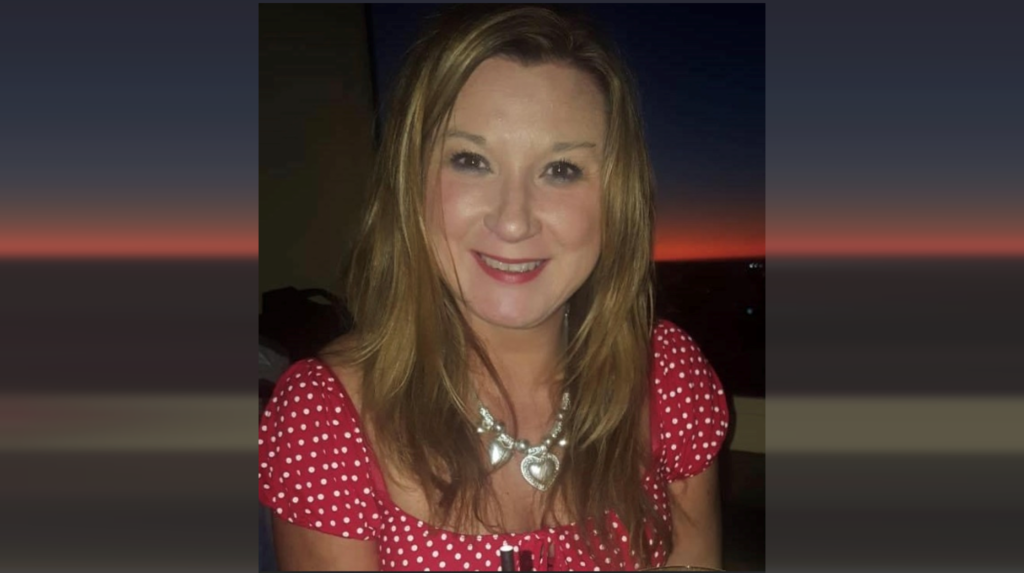
The value of the SPQ CCN
![]()
Community Children’s Nurses (CCNs) provide reliable, effective evidence-based nursing care to children and young people from 0-18 with acute, chronic, complex and exceptional health care needs alongside end-of-life care in a variety of community settings. Their core purpose is to support children and young people in achieving optimum health in the family unit. There are various nursing backgrounds providing this care in Greater Glasgow and Clyde across a skilled nursing team.
The CCNs who currently have the Specialist qualification (CCN SPQ) sit in leadership and clinical expert (advanced practitioner) roles and have a paediatric nurse foundation. However, over the years recruitment into band 6 specialist roles and band 5 practitioner roles has seen a shift with registered nurses coming from a range of first level entry with adult, learning disability and paediatric training with childhood community experience.
Traditionally Career Development Frameworks for CCN practice in Scotland have been based on the NHS Education for Scotland (NES) document, which defines career framework levels and the associated central pillars of CCN practice. This then aligns to individual TURAS personal development plans and robust in-house training and development opportunities to enhance growth and development often based on service need.
Work was undertaken a few years ago by NES to review all available UK courses and appropriate modules related to CCN education and training. Both core and discipline-specific learning were identified. However, there is limited opportunity to progress currently for the CCN SPQ, and nursing numbers are diminishing over time.
However, across the CCN service, one aspect is constant and that is the need for understanding of Child Development, Attachment Theory / Neuroscience as well as complex specific disability and neurodevelopmental assessments and needs. This is essential to underpin their evidence base as community children’s nurses. Vulnerability and child protection are also key components to this work alongside nursing practice with staff involved in interagency work and support care plans. Palliative care practices are also evident with children with life-limiting and exceptional health care needs coming to end of life and care in the community being a service that is evolving to meet this need. This is all provided in a societal demographic of need per family adopting a holistic family and person-centred approach. The CCN can act in the capacity of Lead Professional for children, young people and their families to provide a seamless integrated approach to care, underpinned by Getting It Right For Every Child (GIRFEC). The nursing care is planned and reviewed and considers identified health care needs and this intervention may be time-limited or prolonged for those with long-term health care needs over a period of months or years. This takes care, compassion, resilience, tenacity and a grounded fundamental understanding of community children’s nursing.
The unique contribution of CCNs requires a specialised understanding of biological, psychological and social factors throughout infancy, childhood and adolescence, to appreciate the relative impact of health and disease upon the child, young person, their family and their wider world. CCNs provide a high standard of specialised paediatric nursing care to patients with a broad spectrum of needs, linking with disease-specific specialist colleagues. Care is negotiated in partnership with patients, families, the multi-disciplinary team and multi-agency professionals across primary, acute and voluntary services.
The aim is to be proactive in anticipating, coordinating and delivering care that best meets the health and social care needs of patients and carers. Nursing care will include assessing, planning, delivering, coordinating and evaluating the care of patients and supporting their carers, ensuring proactive advice and information are given in order to enable patients and their families to remain independent, attain optimal independence, regain a level of independence or adapt to increasing dependence.
In 2020-21 this Community Children’s Nursing team adapted to changes brought about by the COVID pandemic the concept of Hospital@Home was developed. COVID has shown us that change is constant; a well-equipped workforce is paramount to success and innovative practice in the future.
Although the nurses are specialist community children’s nurses, they work across a broad range of medical specialities with a vast skillset depending on the open caseload at the time. This is a unique and often misunderstood nursing team. The small teams are adaptable, flexible and often very solution-focused in their approach to care delivered to the children and families in their care across an age range of 0-18 years. The CCN will coordinate the service for the CYP and their family, which includes:
- Care assessment and planning
- Co-ordination and collaboration of care
- Planned periods of nursing care
- Access to nursing advice throughout
- Psychosocial assessment and support
- Managing complex situations and emotional support
- Co-ordination of supplies and equipment
- Active and anticipatory management of deterioration and symptoms
- Teaching and education
The Transforming Roles agenda is very much central to a future robust education provision and a clear pathway to prepare CCNs in Scotland. Whilst there are common aspects between roles, specifically defined education is required within individual specialised roles to capture the essence of the role and purpose as above. With that, the need to maintain a recognised specialist qualification is paramount to identify those core-specific modules and learning that is role-specific. A focus on a sustainable unified approach across Scotland would be welcomed in terms of the educational approach towards access to the SPQ. However, due to lack of training opportunities, it is recognised that this option may be obsolete in the future and if no sustainable solution is found for CCN speciality training then this could have a profound impact.
Read more examples